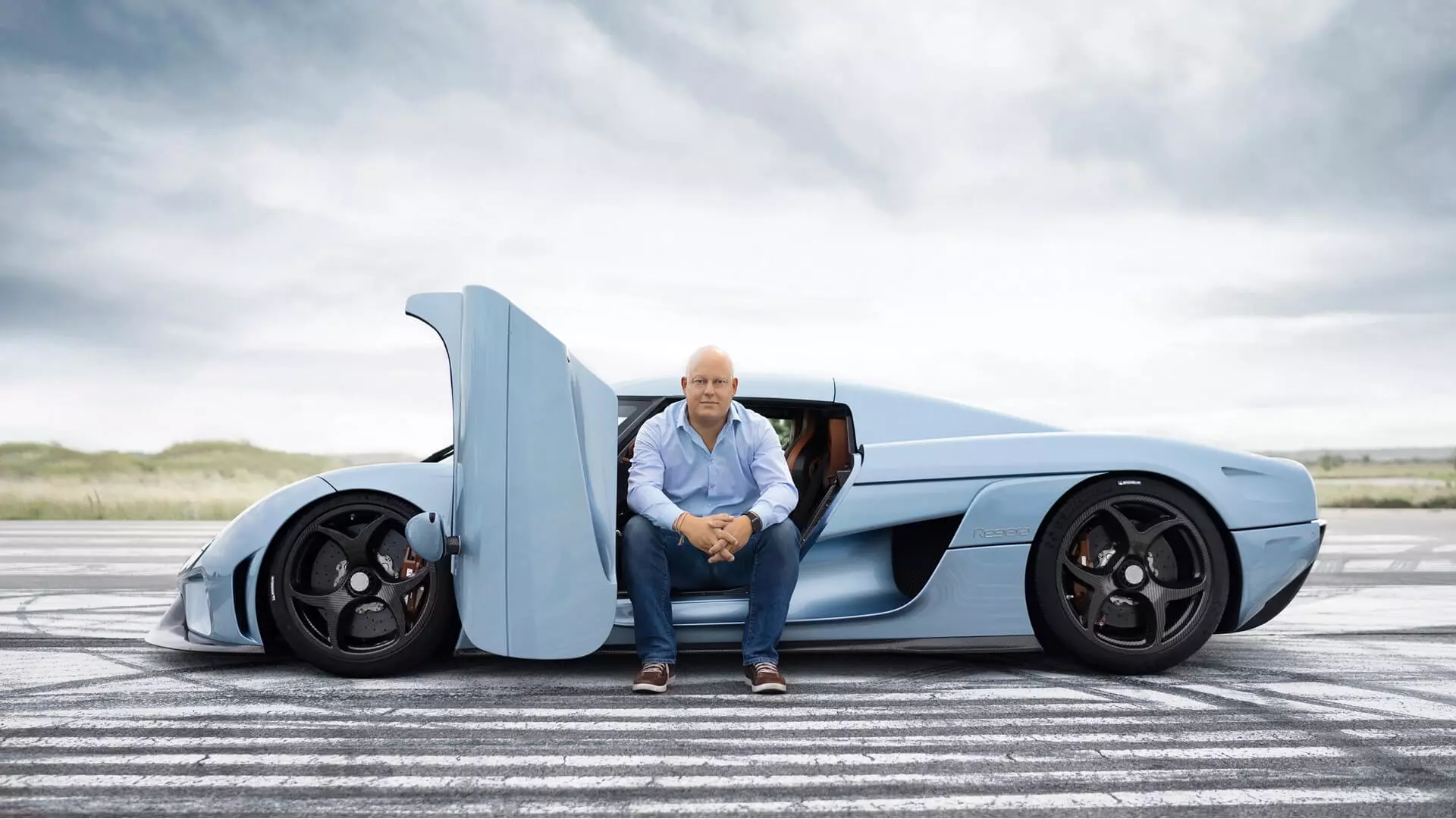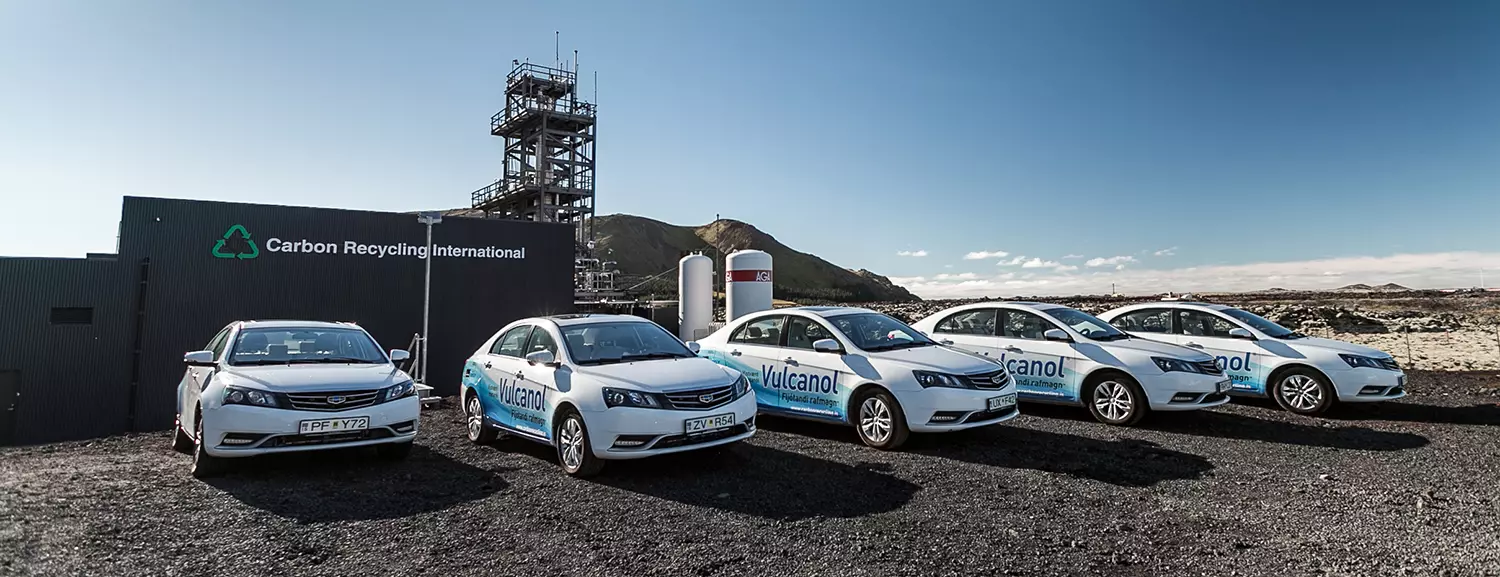If Koenigsegg is known for using E85, the fuel that mixes ethanol (85%) and gasoline (15%) — which gives more power to its engines and generates less carbon emissions — this bet on the vulcanol , the “fuel of volcanoes”.
Vulcanol, when compared to gasoline, not only has a higher octane rating (109 RON) but it promises carbon emission reductions of around 90%, meeting the Swedish manufacturer's goals of increasing its environmental sustainability.
Despite the almost fantastic origin of the fuel, the reality is much more “earthly”.

Vulcanol is nothing more than renewable methanol, but this variant has the particularity of using carbon emissions from semi-active volcanoes in its constitution that are captured.
In other words, vulcanol is practically identical to other synthetic fuels, such as those we have already reported in relation to those that Porsche and Siemens are going to produce in Chile. In other words, it uses captured carbon dioxide (CO2) and hydrogen (green) as ingredients to achieve a purer and almost carbon neutral fuel.
Vulcanol is already in production by Carbon Recycling International in Iceland. And it's not just Koenigsegg that is interested in vulcanol. Chinese Geely (owner of Volvo, Polestar, Lotus) is also one of the interested parties, being one of the investors in this Icelandic company.

Geely is developing vehicles that use methanol as fuel — from light cars to commercial vehicles — and is already testing a small fleet of taxis in some Chinese cities.
Koenigsegg, on the other hand, has not yet announced whether or not it will invest in Carbon Recycling International, but the interest in vulcanol is clear, as Christian von Koenigsegg, the Swedish manufacturer's founder and CEO, stated in an interview with Bloomberg:
Christian von Koenigsegg, Chief Executive Officer of Koenigsegg"There's this technology from Iceland, it was invented there, where they capture CO2 from semi-active volcanoes and convert it into methanol. And if we take that methanol and use it as fuel for factories that convert to other fuels and then we use it on boats that transport this fuel to Europe or the US or Asia (…), we end up putting CO2-neutral fuel in the vehicle. And of course, with the right exhaust gas treatment systems, depending on the environment we are in, how we can go cleaning particles out of the atmosphere while using this engine."
